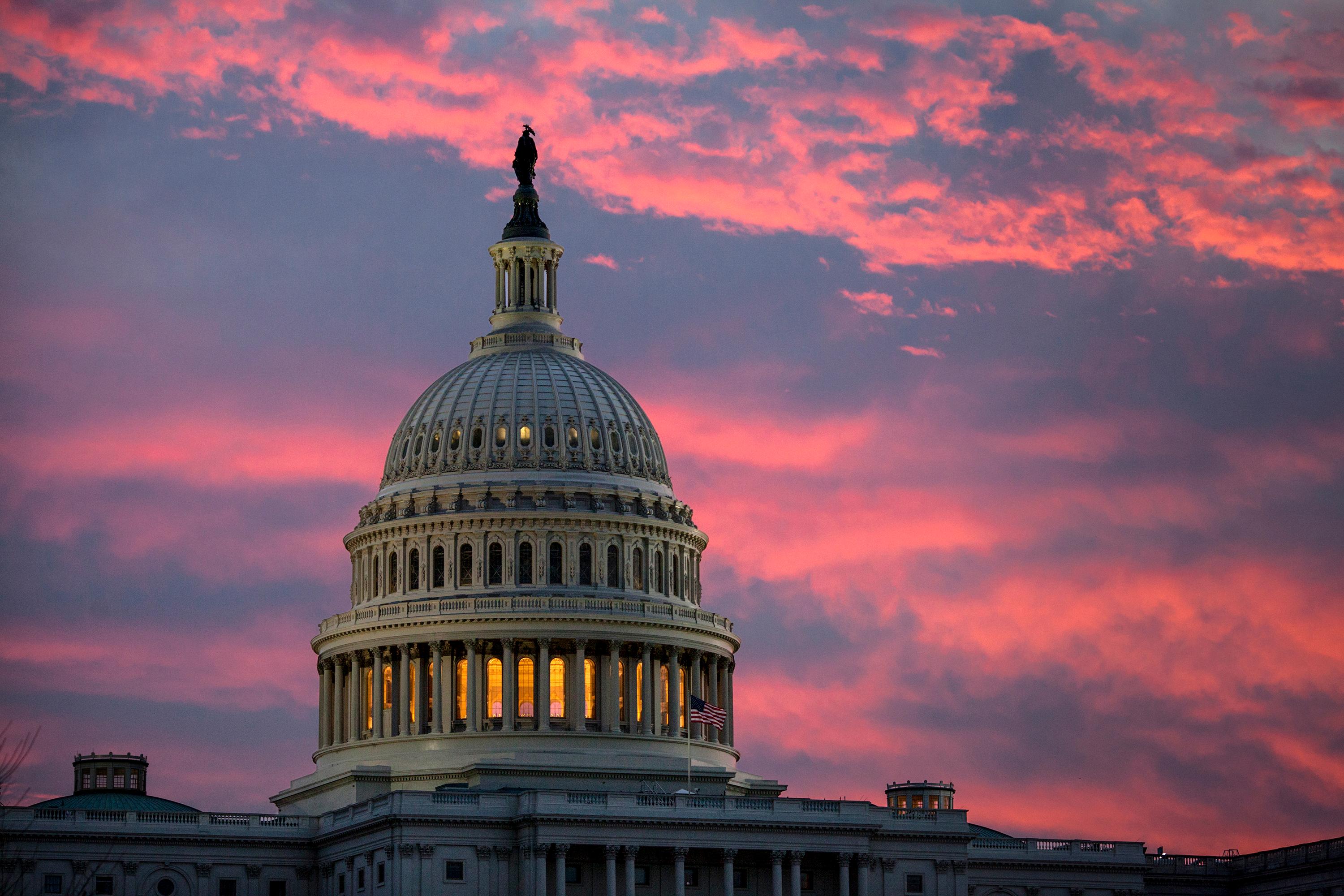

Tax reform is moving swiftly through Congress, and it’s virtually certain a package of tax cuts will land on President Donald Trump’s desk.
Republicans say that these tax cuts — $1.5 trillion worth — will help to spur the economy. But Colorado’s economy is already hot, does that mean this will help it perform even better?
It’s hard to imagine the economy any hotter: Unemployment is 2.7 percent. New businesses continue to form here, 115,313 new licenses in the last 12 months, according to the Secretary of State’s office. Existing businesses are relocating here, like BP’s new Denver headquarters on the Platte River. Even the oil and gas industry is ramping up again, with oil prices up more than 30 percent since June of 2017.
The long and the short of it is that most sectors of Colorado’s economy are humming again. So how would tax cuts help?
Business Impact
Buz Koelbel, who owns real estate developer Koelbel & Company in Denver, is excited about the tax cuts, saying it will be a boon to small business in particular.
“They then have much more money to invest in efficiencies, in production, in new products,” Koelbel said. “But the collective nature of all that is it puts more money in people’s pockets.”
The corporate tax rate will be slashed from 35 percent to 20 percent, but critics point out that after loopholes, American businesses already pay a tax rate closer to 20 percent. Still, the thinking goes that more money for businesses means more investments and hiring.
The question is what the scale of the impact will be. Colorado is a low tax state in a low tax country. Colorado is ranked 16 among states for a favorable business tax environment by the Tax Foundation.
Tax policy isn’t holding lots of businesses back in Colorado. In the latest survey from the Leeds School of Business at CU Boulder, fewer than 5 percent of the state’s business leaders ranked taxes as a top concern. By far the number one concern among the surveyed leaders was the lack of workers to fill the jobs businesses are already creating.
Tax Cuts
Under the Senate’s plan, the majority of Americans would get a tax cut in 2019. The Joint Committee on Taxation found that 80 percent of middle income Americans would get a cut of at least $100.
Vanessa Williamson, an expert at the Tax Policy Center, said Republicans have tried to make the overall plan less tilted to the wealthy, but cautioned on the middle-class measures as “those tax cuts expire, unlike the ones for corporations and the very wealthy.”
Republicans argue that they would not let the individual tax cuts expire, and would vote to continue them later down the line. She said the reasoning for the sunset on the cuts was an effort to reduce some of the massive price tag of the bill.
Congressional Republicans, however, contend that the economy will be sparked so much by these tax cuts that they’ll pay for themselves. However, the government’s own projections from the Joint Committee on Taxation show economic growth will shave about $407 billion from the $1.5 trillion dollar price tag.
Republicans attack the Tax Policy Center as left leaning, but they’ve also attacked their own government analysis for not showing more benefit to the economy.
One Colorado Impact: Craft Beer
In the Senate version, smaller breweries would see a fairly large tax cut. For the first 60,000 barrels, the tax rate is cut in half from $7 to $3.50. Colorado has about 350 craft breweries.
The head of the Colorado Brewers Guild told The Denver Post this is a “huge deal” for them. It’s only in the Senate version though, so it’s unclear if it will make it into the final bill once the GOP negotiating teams works to resolve the differences between the House and Senate bills.







